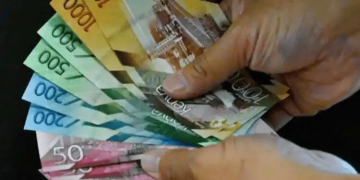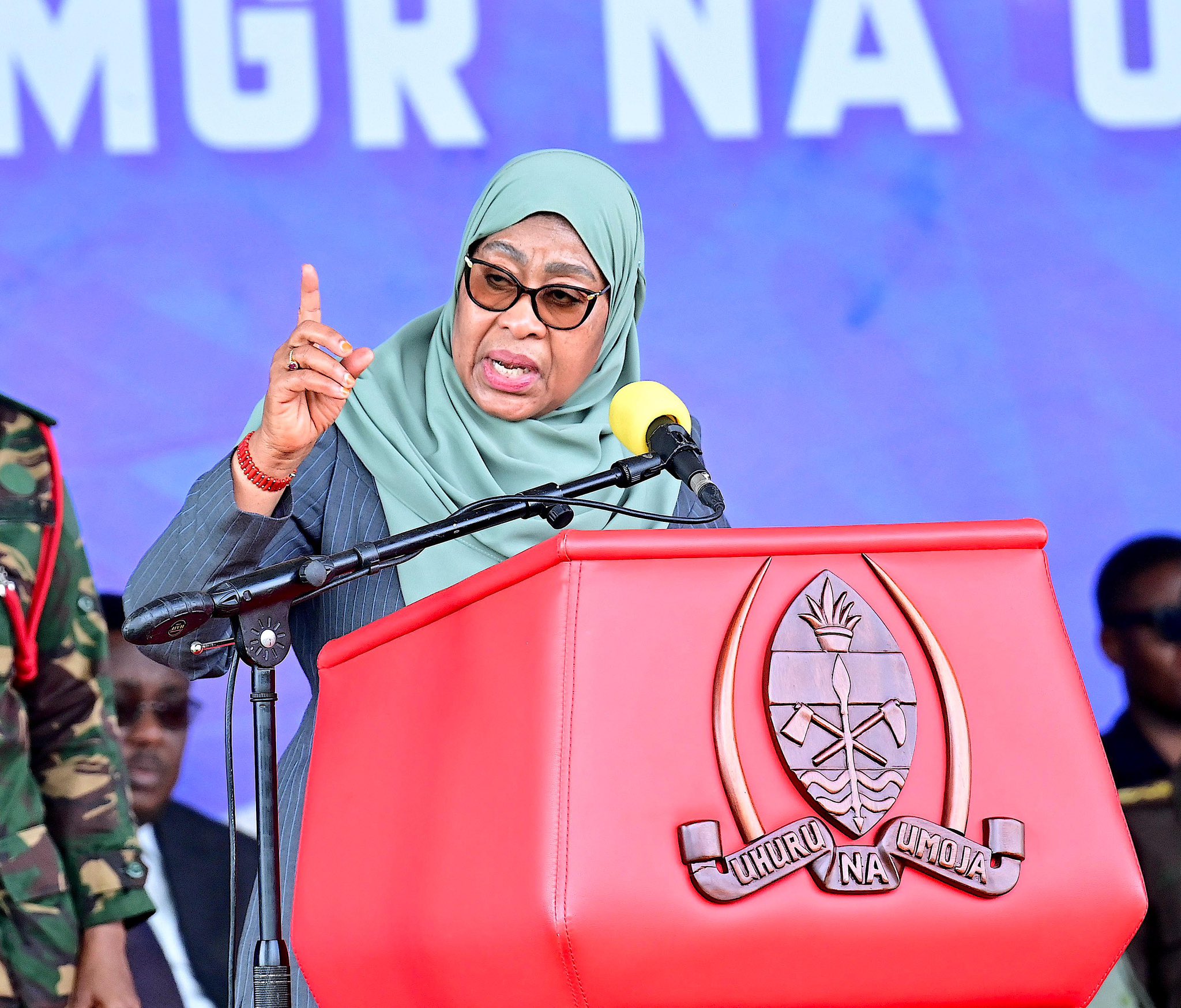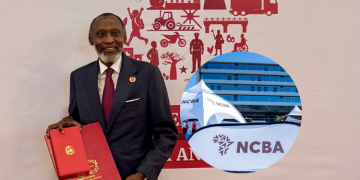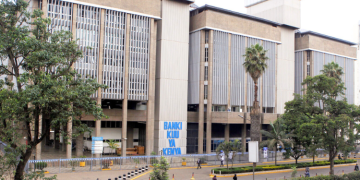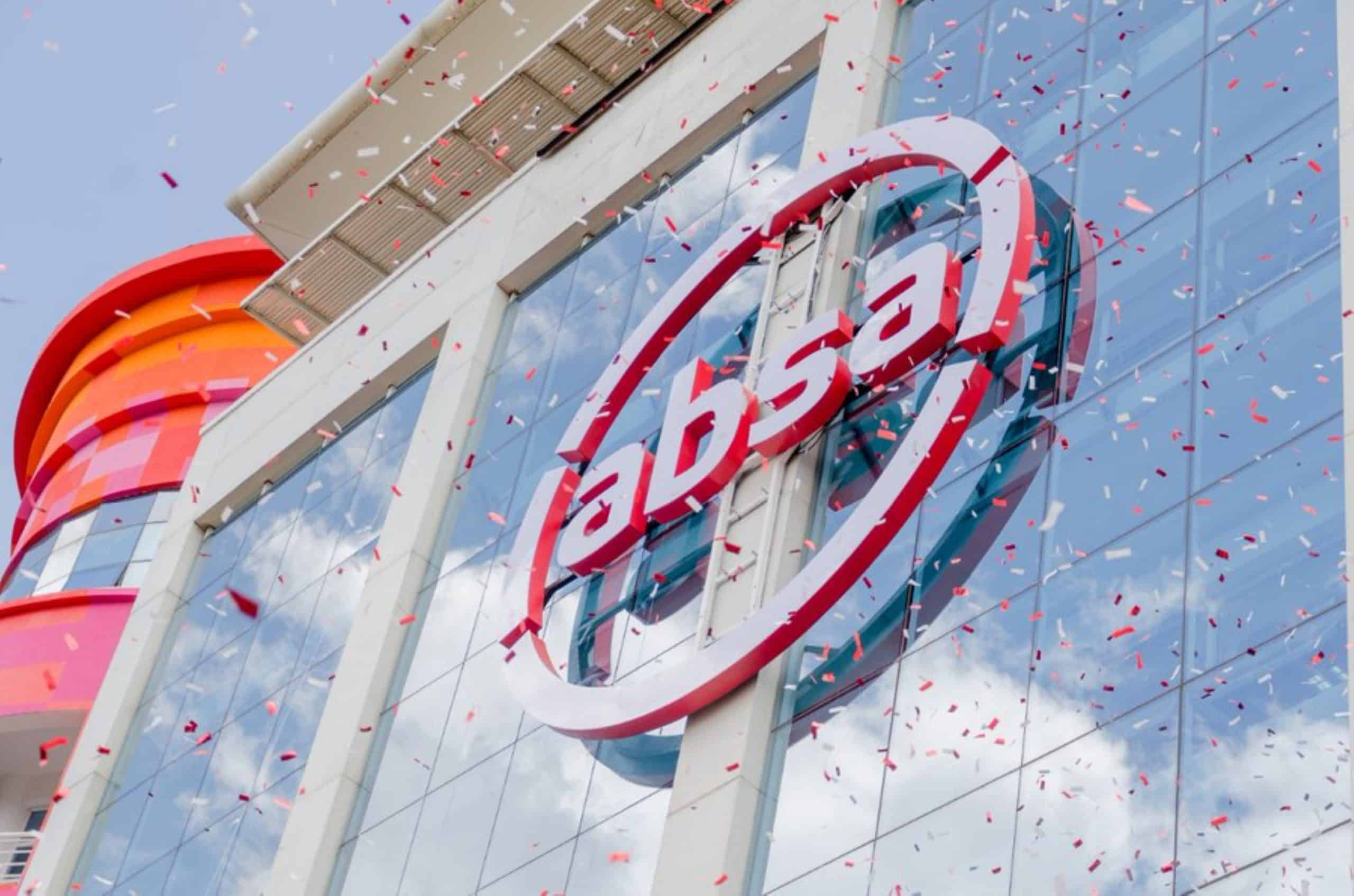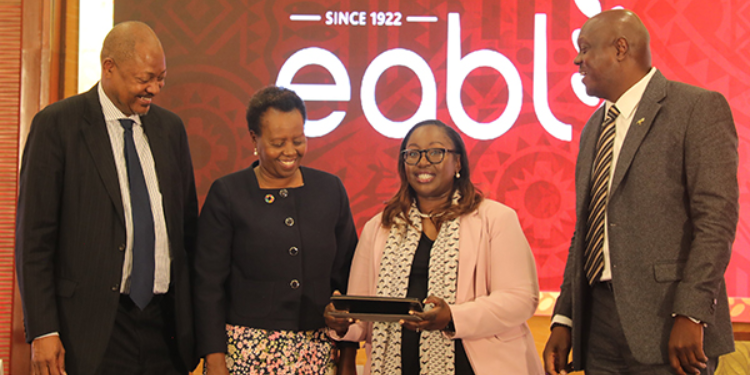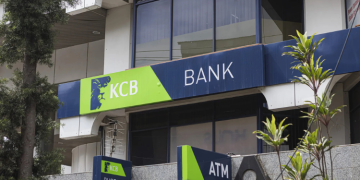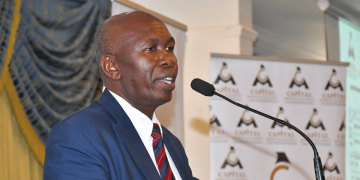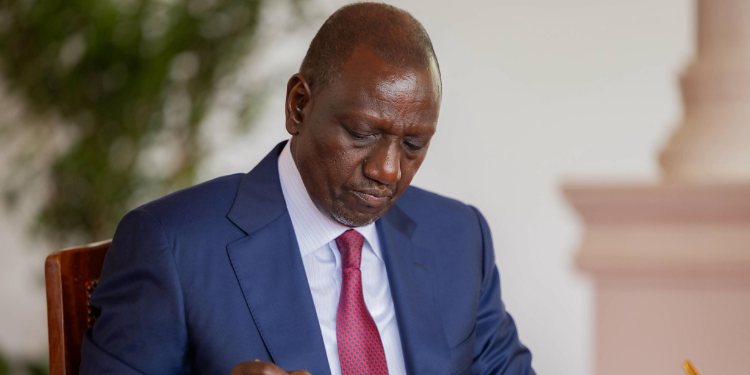Kenya’s private sector faced more challenges and dropped to the slowest level as the first half of the 2025 financial year ended on June 30, according to the Stanbic Bank Kenya Purchasing Managers’ Index™ (PMI) report.
The survey’s data shows that the Kenya PMI dropped further in June, remaining below the 50.0 neutral point for the second consecutive month.
At 48.6, down from 49.6 in May, the index indicated a modest decline in business conditions, marking the sharpest decrease in 11 months.
The survey highlighted contractions in both output and new orders for the second successive month.
However, confidence about future activity strengthened, headcounts increased, and delivery times improved at the fastest rate in nearly two years.
The PMI reveals that input prices and output charges both rose, with inflation rates ticking up from May.
“Weaker conditions were primarily driven by a significant contraction in business activity. Survey respondents attributed this decline to reduced customer spending, challenging economic circumstances, and operational disruptions from protests,” states the survey.
The downturn was exacerbated by a more substantial fall in new orders, with over one-third of the businesses surveyed reporting decreased sales, compared to only 20% noting growth.
Firms consistently cited difficult client conditions as the main factor behind declining new business.
Private Sector Players Optimistic
Despite these headwinds, Kenyan firms displayed increased optimism about prospects, with sentiment levels reaching their highest since May 2024.
About 18% of respondents expressed confidence in their ability to increase output over the coming year.
They cited expectations of improved sales and market expansion.
This optimism marked a notable improvement from the subdued sentiment levels earlier in the year.
Employment conditions also showed positive signs, with staffing levels rising for the fifth consecutive month, albeit only marginally.
Also Read: Kenya’s Private Sector Records First Fall in 7 Months – PMI Report
Companies reported improved vendor performance, driven by intense competition and reduced road congestion.
However, some respondents decried delays caused by port clearance issues and material shortages.
Kenyan firms increased stockpiling in June, with inventory levels rising at their fastest pace since October 2022.
This reflects both optimistic demand forecasts and strategic purchasing amid favourable material prices.
Also Read: Agenda 2063: A Government Vision, But Africa’s Future Belongs to the Private Sector
Purchasing Power, Inflation & Cost
Purchasing power, however, continued to decline, with June recording the steepest contraction since July 2024, as businesses adapted their buying patterns to softer sales trends.
Greater cost pressures also emerged, with input price inflation accelerating to its highest point since January.
This quicker inflation was mainly due to rising salary costs, while purchase price inflation slowed to a four-month low.
Meanwhile, output prices rose only modestly as companies balanced cost recovery with efforts to retain their customer base amid tough market conditions.
Follow our WhatsApp Channel and X Account for real-time news updates.







